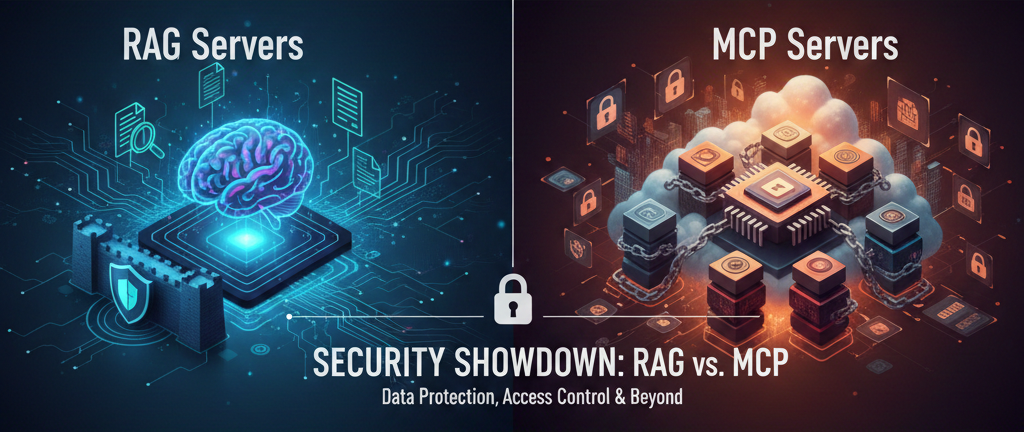What is pgEdge Distributed Postgres?
High availability and happier customers - made easy.
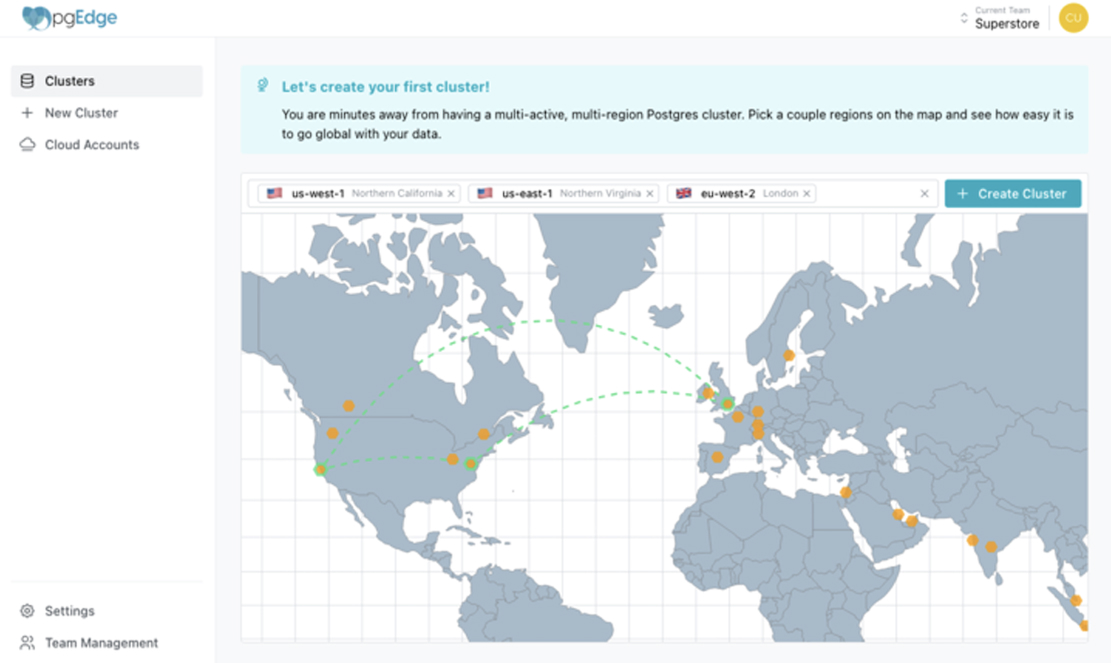
A Fully Distributed Postgres Platform
pgEdge enables you to run your Postgres applications anywhere and everywhere-across regions, across clouds, and even at the edge. It gives your applications the power of true active-active (multi-master) deployment with write-anywhere, read-anywhere performance.
With distributed Postgres, you'll achieve higher availability, reduce data latency, offer better customer experiences, address data residency and much more. All while remaining 100% standard and 100% open source PostgreSQL.
Whether you're building fintech apps that require extreme high availability, retail experiences that need local speed, or Al platforms that span continents-pgEdge is ready.

New World. New Approach
For decades, relational databases worked under a simple assumption: all writes go to a single source of truth-usually in one place. As systems grew, replication was bolted on, often read-only, with failover handled through clunky orchestration or costly hardware.
Modern applications are no longer built for a single region-or even a single cloud. They're global by default, but single instance database architectures can't keep up.
Users around the globe demand sub-second performance. And downtime, even for maintenance, isn't acceptable.
Some vendors tried solving this with non-standard proprietary technology - forking Postgres, rewriting the core, or bolting an outdated Postgres query processor on top of a NosQL database. That creates more complexity and more risk for your teams, and locks you out of the thriving Postgres ecosystem of extensions, tools and talent.
The pgEdge Difference: Fully Distributed, Fully Open and Fully Postgres
pgEdge is built on standard PostgreSQL-with distributed capabilities added inside the database via standard Postgres extensions. You get all the power of Postgres you already know, with geographic distribution and high availability baked in. What sets pgEdge Distributed Postgres apart?

Fully Postgres – Not “Postgres Compatible”
Use everything you love about Postgres and its extensions, including as new versions become available. No syntax restrictions or missing Postgres features.

Fully Open Source - No Vendor Lock-In
No proprietary code on top of open source Postgres means no vendor lock-in. pgEdge Distributed Postgres is licensed under the OSI-approved PostgreSQL license.

High Availability - Without High Cost
Achieve four or even five nines of availability – with failover and disaster recovery built-in – without the expense of a large number of nodes.

Low Data Latency from Anywhere
Speed response times by placing copies of your database closer to your users

For Edge AI and Distributed AI
Address latency and data sovereignty issues with a distributed AI application architecture.

Support for Modern Web Applications
Puts presentation and compute data close to users and works superbly with edge development platforms such as Akamai, Cloudflare, Fastly, and Vercel.

Meet Data Residency Requirements
Share global data while keeping local data local with selective replication by table, partition or values range.

Supports geographic scale-out
Postgres sharding supports the geographic scale-out of applications, particularly when Postgres workloads threaten to exceed available compute capacity.

True Multi-Master - Write-Anywhere, Read-Anywhere Architecture
Every node in your cluster is fully writable, fully readable, and fully Postgres. No more routing writes to a single region.
Hassle-free Maintenance, Zero Down Time
PostgreSQL upgrades both major and minor can be performed with true zero downtime. The cluster remains fully available for reads and writes during maintenance operations. This also applies to adding and removing nodes from the cluster.

Easy to Use & Scale
We don’t fork Postgres. We extend it with open-source logical replication and tools built to scale natively across geographies, across the globe

Easy to deploy
Little to no changes to schemas and application code, reducing engineering effort during adoption.
Distributed Postgres that's actually built on Postgres
The pgEdge approach is to start with standard community Postgres and use the standard Postgres extension mechanisms to add distributed capabilities. Versus taking a NoSQL distributed database and adding a Postgres "compatibility layer". And /or delivering on distributed with an entirely closed and proprietary solution.
Distributed Postgres: Fully Managed or Self Hosted
pgEdge Distributed Postgres is the most complete and advanced distribution of open source fully distributed (multi-master / active-active) PostgreSQL pgEdge Distributed Postgres includes:

Standard PostgreSQL (v15, v16, v17 and v18)
Spock multi-master (active-active) logical replication extension
pgEdge CLI: pgEdge node and cluster controller
20+ popular PostgreSQL extensions, including pgVector, pgCat, pgBackrest, PostGIS, PLpgSQL, PL/Profiler and more
Deployment on premises or in AWS, Azure, Google Cloud, and Akamai Linode, and runs on commonly used versions of Linux
Supported operating systems: RHEL 8 and 9 with Python 3.9, SLE 15 with Python 3.9, Ubuntu 22.04 with Python 3.10, Ubuntu 24.04 with Python 3.12, Debian 12 with Python 3.11
Supported architectures: x86 and ARM for all supported operating systems
24/7support by phone, email or ticketing system
Architecture and performance reviews and guidance
Immediate access to all software updates and early access to new features
Deployment: Your Choice
Try pgEdge Distributed Postgres Your Way for Free: Fully managed or Self-Hosted.Managed Cloud Edition
Our fully managed Saas offering, pgEdge Cloud, running in your choice of cloud regions with full support.
Self-hosted VM Edition
Run pgEdge in your own on-premises or cloud infrastructure with full control and support.
Self-hosted Container Edition
Deploy using Docker or Kubernetes in your own containerized environment, with packaged images and Helm charts provided for flexible, self-managed installation.
pgEdge Distributed Postgres Architecture
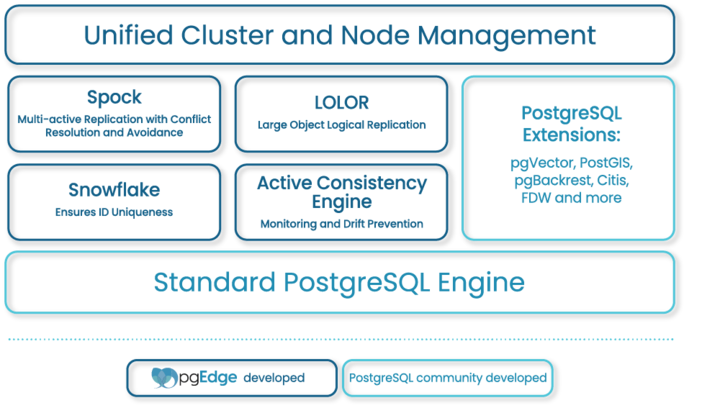
Built for the Real World: Developers, DBAs, SREs, and CTOs
pgEdge is built to meet the needs of your whole team:
For Developers
Use the tools you already know: psql, pgAdmin, Postico, JDBC, psycopg, Sequelize, Prisma- everything just works.
Need Al/ML? pgEdge supports pgvector and integrates easily with embedding generation.
Want PostGIS for spatial data? It's already built in.
You'll be productive on Day One.

For DBAs, SREs and Devops
Deploy across Kubernetes, Docker Swarm, VMs, or cloud-native-your choice.
Use our common interface to manage multi-cloud, multi-region environments with confidence.
Our backup, restore, and observability tooling is enterprise-grade, not an afterthought.

For CTOs and Architects
Build faster with a platform that scales across clouds without vendor lock-in.
Meet data sovereignty requirements with selective replication and access controls.
Reduce complexity and licensing headaches by standardizing on Postgres- everywhere
More Resources about Distributed Postgres
- Free Cloud Trial: Test a fully distributed PostgresQL database with multi-master in minutes
- Whitepaper: 21 Ways Multi-Master Distributed PostgreSQL Improves Costs and Customer Loyalty
- Blog - Scaling Without Stopping: Inside pgEdge Distributed Postgres Zero-Downtime and Exception-Resilient Replication
- Webinar: How to Unleash Ultra High Availability and Zero Downtime Maintenance with Distributed PostgresQL
- Blog - "Buyers Guide for Distributed Postgres: Understanding Postgres Compatibility"
- Blog - "How to Migrate from AWS Aurora to pgEdge for Low Latency, Multi-region and Multi-Master Distributed Postgres: Part 1"
- Blog - "How to Migrate from AWS Aurora to pgEdge for Low Latency, Multi-region and Multi Master Distributed Postgres: Part 2"
- Blog - "Installing Distributed PostgreSQL with pgEdge Platform - A Comprehensive Guide"
- Webinar - Highly Available PostgreSQL Applications: How to Protect from Cloud and System Outages

Learn more from the community
Sign up to receive the latest news from technical blogs to Postgres live sessions with Postgres community experts.
Dive deeper into pgEdge
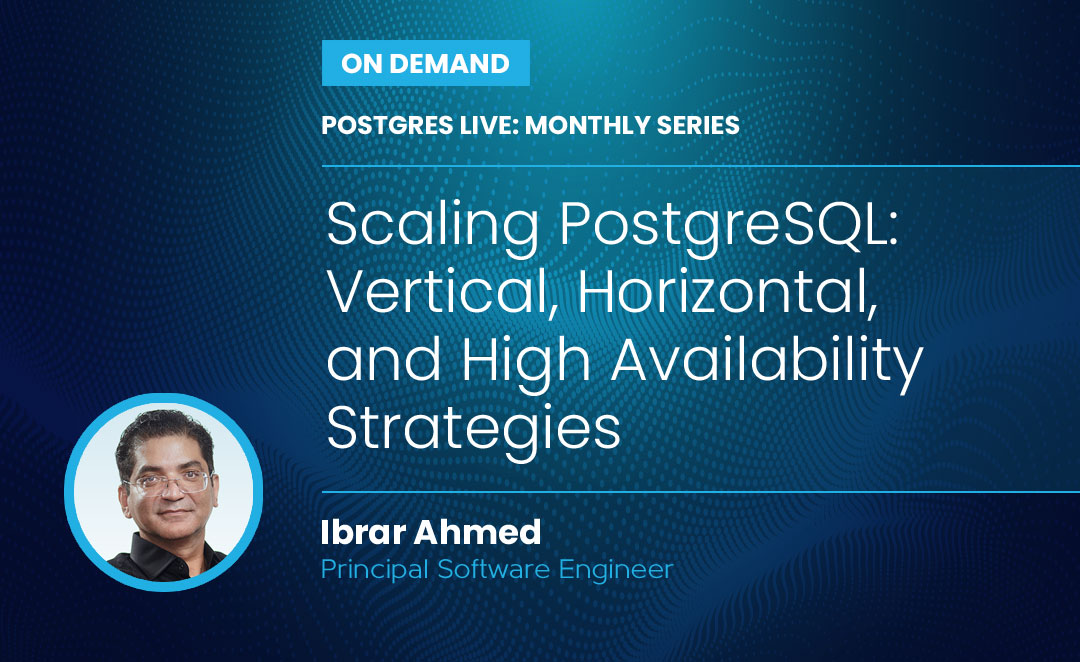
Postgres Live: Monthly Series Scaling PostgreSQL: Vertical, Horizontal, and High Availability Strategies
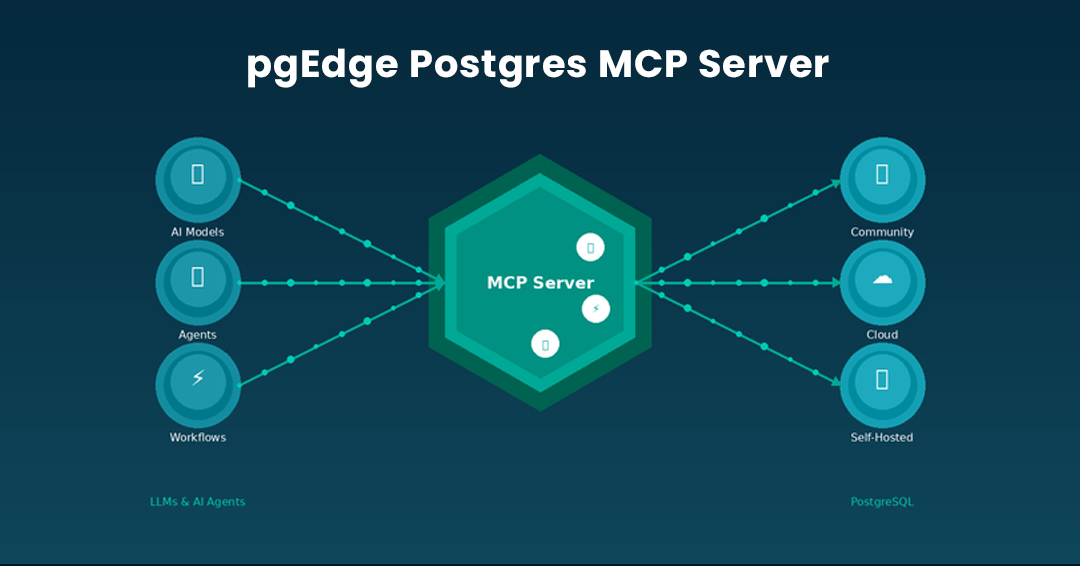
Introducing The pgEdge Postgres MCP Server - And How to Connect it to Claude Code and Cursor
Get started today.
Experience the magic of pgEdge for non-distributed and distributed Postgres deployments.
